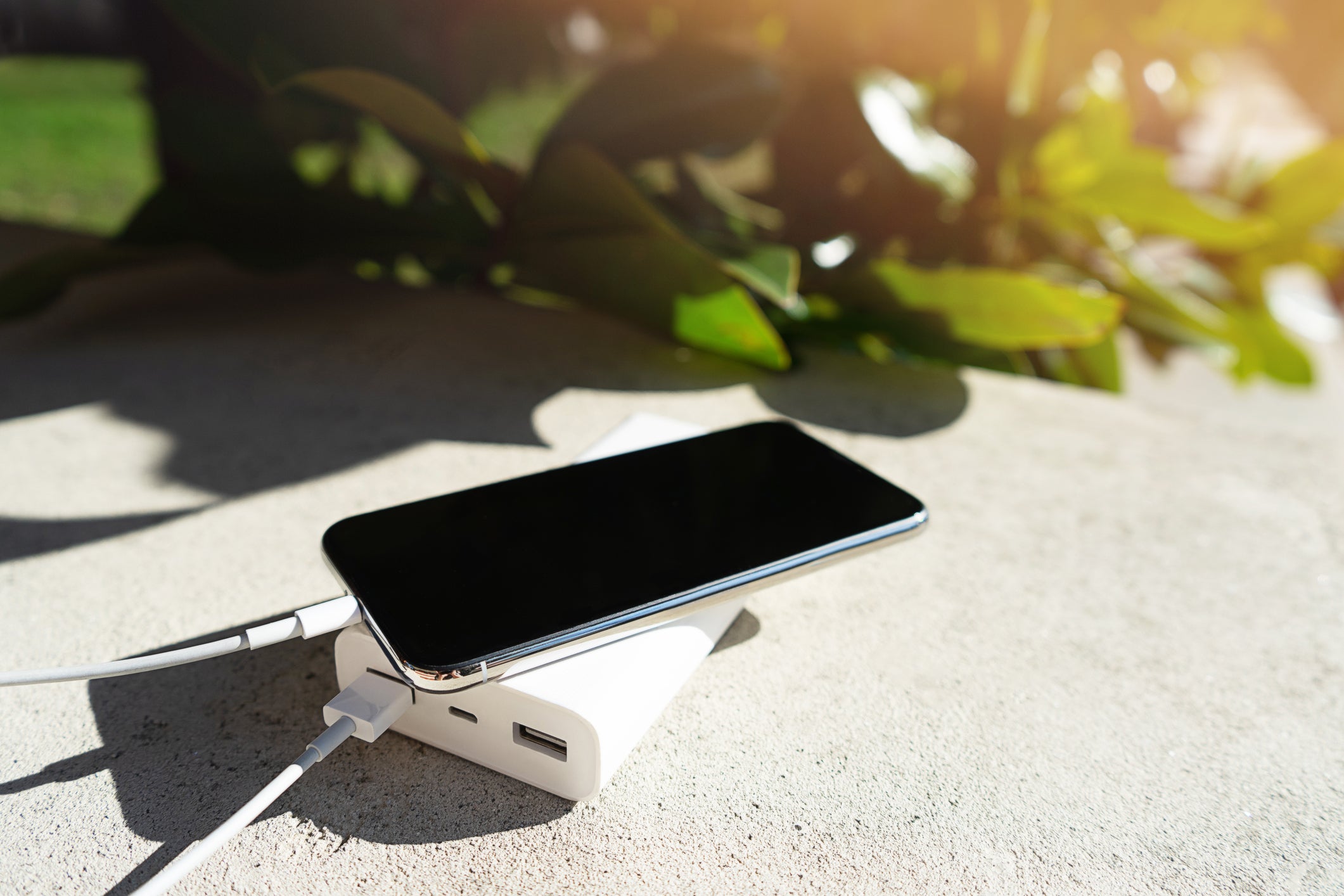Use this phone hack to make free international calls on trips
When you get home from an international trip, you can expect to return to a few loads of laundry, a pile of mail and probably a handful of work emails you’ve been ignoring. One thing you shouldn’t have to worry about is an astronomical cellphone bill littered with international calling fees.
Most phone companies charge a per-minute rate for international calls outside of Mexico and Canada; the exact rate varies per country.
Many phone companies also offer international calling plans as an add-on to your monthly service. Verizon, for example, offers a $10 per day TravelPass for unlimited talk, text and data in more than 210 countries, but you will only be charged on the days you use it. Similarly, T-Mobile has an International Pass with unlimited calling and varying levels of high-speed international data for $5 per day, $35 for 10 days or $50 for 30 days.
These charges can add up quickly if you travel for an extended period and call home often, but there is a better way.
A simple hack can help you save money and keep in touch with your friends, loved ones and coworkers. All you need is a smartphone and a communication app like FaceTime, WhatsApp, Skype, Zoom or Facebook Messenger.
How does it work?
Rather than connecting to a cellular network, apps like FaceTime, WhatsApp, Skype, Zoom and Facebook Messenger use Wi-Fi or mobile data. As long as you are in an area with Wi-Fi and an active internet connection, you can use one of these apps to make voice or video calls to your friends and family. Some of these options also allow for text chats.
To use these apps, both parties will need to install them, sign up for a free account and have access to a stable internet connection. In terms of safety, you’ll be happy to learn that all of these apps use end-to-end encryption to keep your calls and messages safe and private.
For example, both parties will need to have an Apple device with FaceTime enabled in order to use FaceTime. What’s nice about FaceTime is that you can use your iPad or MacBook in addition to your iPhone. If you have an iPhone running iOS 15 or later, you do have the option to invite Android users to calls that are already in progress.

Daily Newsletter
Reward your inbox with the TPG Daily newsletter
Join over 700,000 readers for breaking news, in-depth guides and exclusive deals from TPG’s experts
Related: 6 tips to prepare before extended trips abroad
It’s easiest to complete the setup process before your trip so you can ensure everything is in order before you leave. You will also want to let your friends and family know which app you plan to use for calls while you are out of the country so they can do the same.
Then, when you are on your international trip, you can open your preferred app and either find the person you want to call in your contact list or enter their phone number to connect with the important people in your life no matter where you are in the world.
Things to consider
Watch your data usage
Though many plans include at least some amount of international data, if you charge for international roaming or have a cap on international data, you may still be charged while using these apps. To avoid this, you should turn off mobile data and data roaming so that you can guarantee you are connecting via Wi-Fi.
If you find yourself without Wi-Fi and have some amount of international data to use, you will need to monitor your data usage abroad to ensure you don’t exceed the allotted amount. Some carriers will send alerts when you are close to the limit, but you should be able to log in to your account and check your data usage anytime.
Alternatively, you could purchase a travel SIM card that might be cheaper than a temporary international plan with your phone carrier. A travel SIM card allows travelers to use their mobile devices abroad without incurring roaming charges by connecting to local networks.
Beware of open Wi-Fi networks
Although calls and messages on these apps are encrypted, you should still consider the safety concerns of using a public Wi-Fi network. If you are in an airport or at a hotel, you will have to connect to a public Wi-Fi network that may not be as secure as the one you use at home, especially if the network isn’t password protected.
Public Wi-Fi networks are more vulnerable to attacks, making it easier for hackers to access any information you send, including usernames, passwords and financial information.
You may want to consider using a virtual private network like those from NordVPN or Surfshark. VPNs help protect your data from scammers by encrypting sensitive information. The VPN essentially hides your information while it’s sent along a secure virtual “tunnel” from your phone or computer to the computers at the VPN’s data center and then on to its final destination.
Bottom line
While it isn’t quite as easy as picking up your phone and making a call, these apps are a simple way to make free international calls. You do need to do a few things on the front end, like check the details of your cellphone plan and set up the app. But by the time you are on your trip, you’ll be well on your way to staying connected to your loved ones back home without racking up international calling fees.
Related reading:









